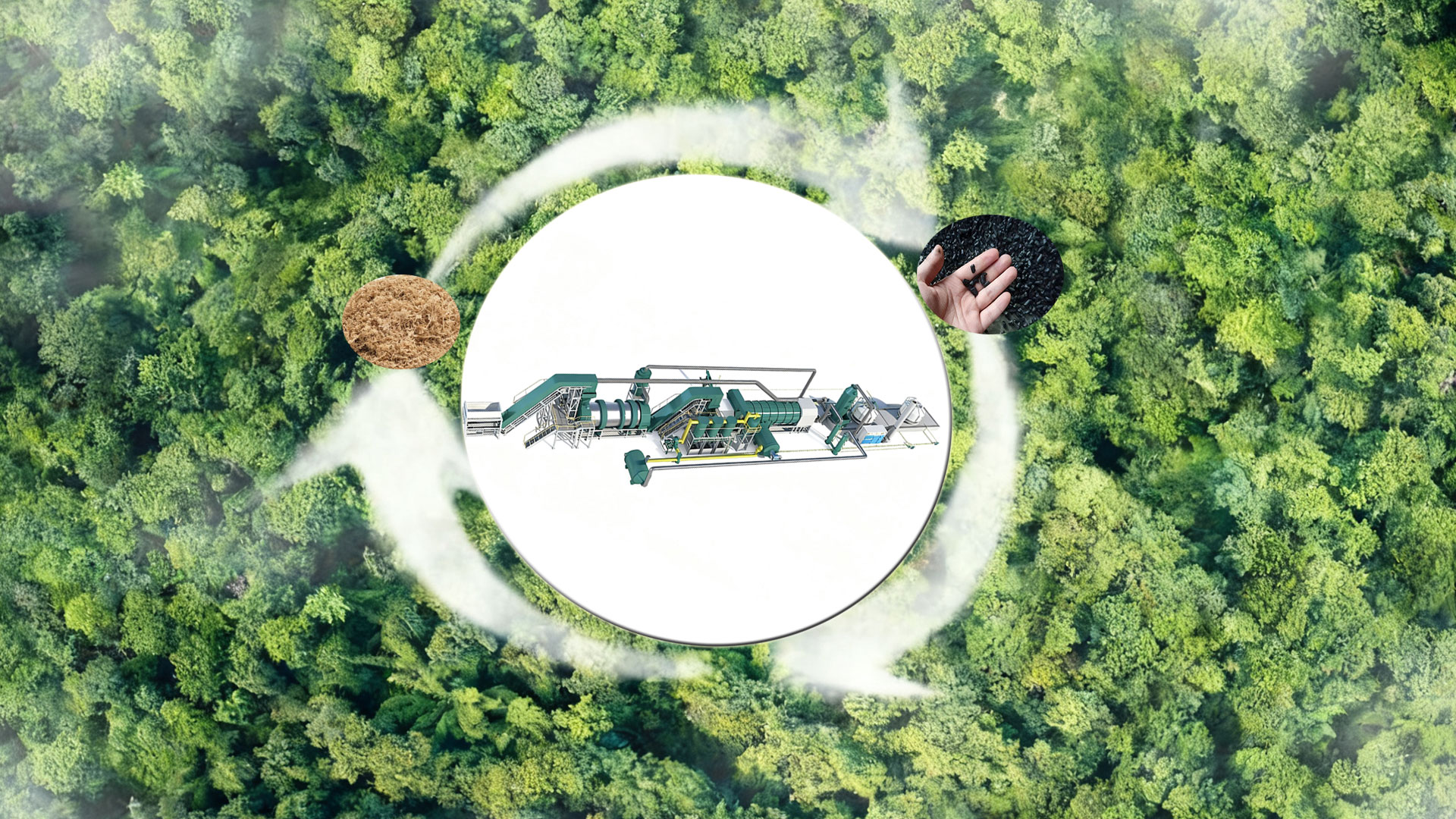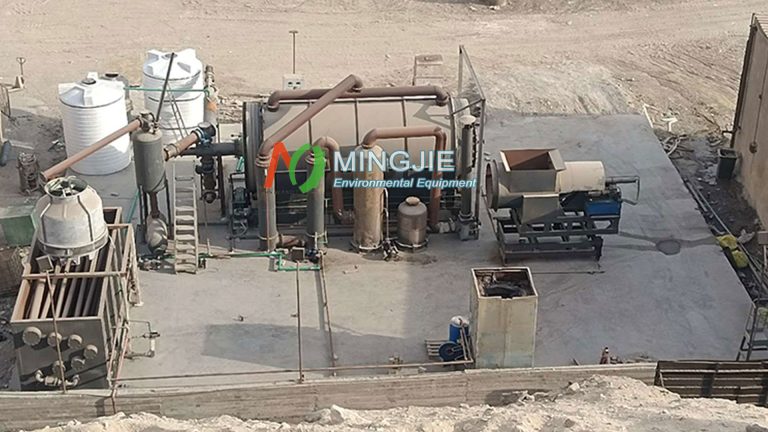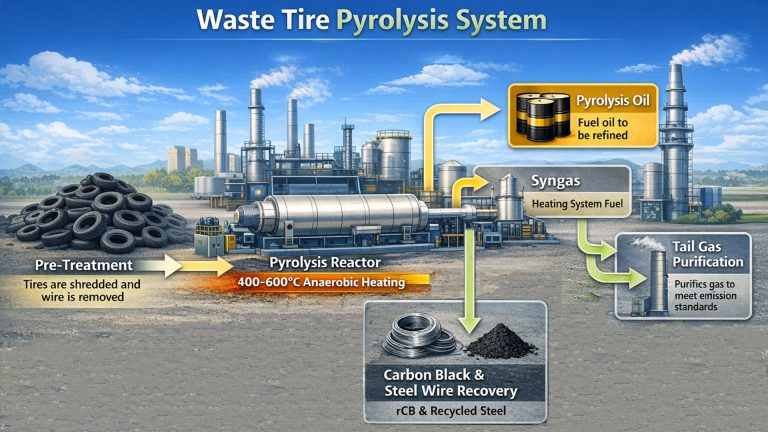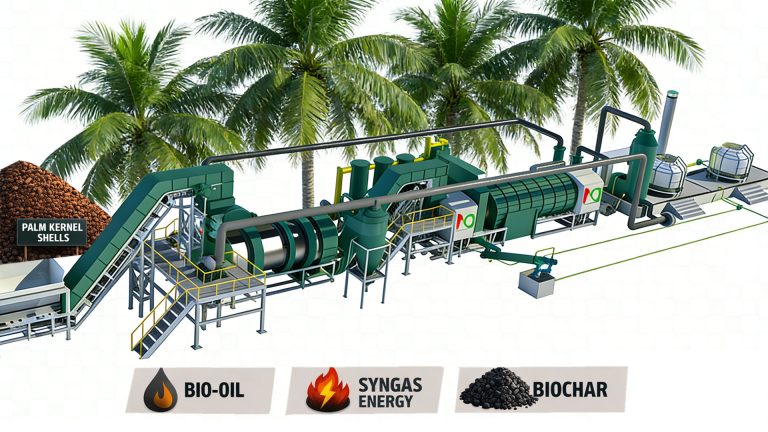Driven by technological innovation and policy support, bio charcoal production machine is evolving from simple waste treatment equipment into a multifunctional system that integrates energy recovery and carbon asset management.
Biochar is a black, fluffy, carbon-rich solid material produced by pyrolysis, which involves heating biomass to high temperatures (350°C to 700°C) in the absence of oxygen. It typically exists in granular form and typically contains over 70% carbon. It has extremely low solubility and a highly carboxylated and aromatic structure.
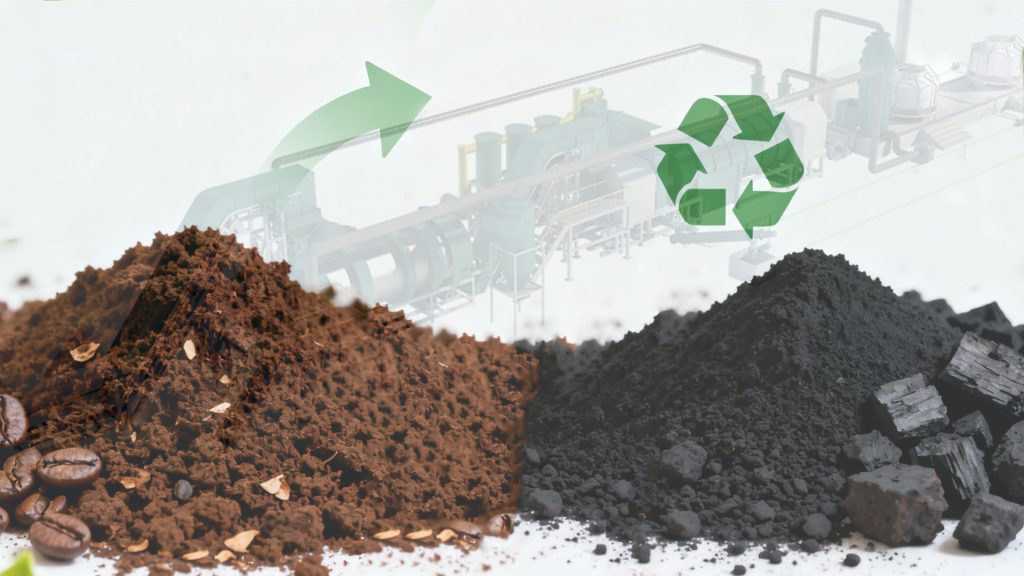
With the surge in global demand for green development, bio charcoal production machine will play an increasingly important role in achieving carbon neutrality and rural revitalization.
Benefits of Bio Charcoal Production
- Improve soil structure: Adding biochar to sandy soil can increase its water storage capacity by 92%.
- Improve fertility: As a soil conditioner, it can significantly improve soil nutrient retention and animal production.
- Reduce pollution: In the field of environmental remediation, biochar can also be used to adsorb and fix heavy metals and organic pollutants in soil and water.
- Energy recovery: In the biochar production by biomass pyrolysis, the bio-oil and gas produced by pyrolysis can be recovered and used as energy.
- Carbon sequestration: Biochar can store carbon stably for a long time, helping to reduce the carbon dioxide content in the atmosphere and combat global warming.
- Agricultural carbon sink: Biochar can be used as an agricultural carbon sink technology to help the agricultural sector achieve carbon neutrality.
- Low cost: Biochar has a low cost, with a net negative emission cost of only $90 per ton of CO2. The net cost of Bioenergy with Carbon Capture and Storage (BECCS) is $30-400 per ton, and that of Direct Air Carbon Capture and Storage (DACCS) is $300-1000 per ton.
- Biodiversity conservation: Improving soil quality can increase soil biodiversity and promote the health and stability of the ecosystem.
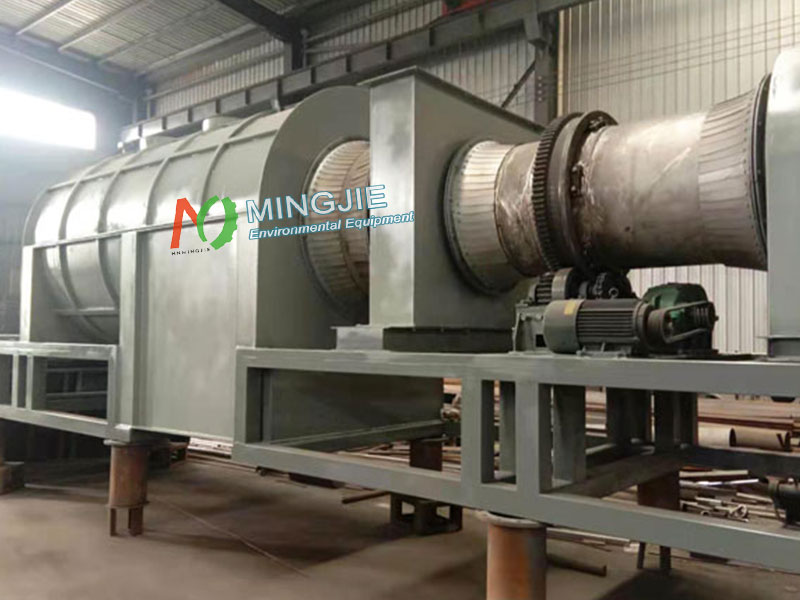
Bio Charcoal Production Machine Manufacturer
The main method for producing biochar is pyrolysis. Mingjie Biomass Pyrolysis Plant uses continuous pyrolysis technology to produce biochar. The bio charcoal production machine achieves efficient waste management, energy recycling, and continuous biochar production.
As a high-quality supplier of pyrolysis plants, Mingjie Group specializes in waste pyrolysis solutions and the manufacture of biomass pyrolysis plant. In order to produce high-quality biochar from a wide variety of biomass, we use the continuous pyrolysis technology and high-quality system components.
The entire biomass pyrolysis project includes: crushing and drying pretreatment equipment, bio charcoal production machine, feeding and conveying device, automatic charcoal discharge system, combustion chamber, dust removal and purification system and control system, etc.
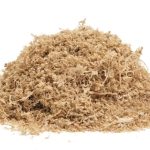
Our bio charcoal production machine is suitable for processing materials with a size less than 20mm and a moisture content below 15%. The materials undergo drying, pyrolysis, and charcoal gas co-generation at high temperatures.
To prevent spontaneous combustion of the biochar upon contact with air, the biochar is discharged through a multi-stage water-cooled spiral device.
The bio charcoal production machine is equipped with an advanced gas recovery system. It separates and purifies the syngas produced during the pyrolysis process. The resulting syngas is purified and used to heat the reactor.
Advantages of Biochar Production Machine
Biochar production machines are a critical bridge between biomass waste and carbon neutrality. They transform seemingly low-value residues into a powerful tool for addressing soil degradation, environmental pollution, and the climate crisis.
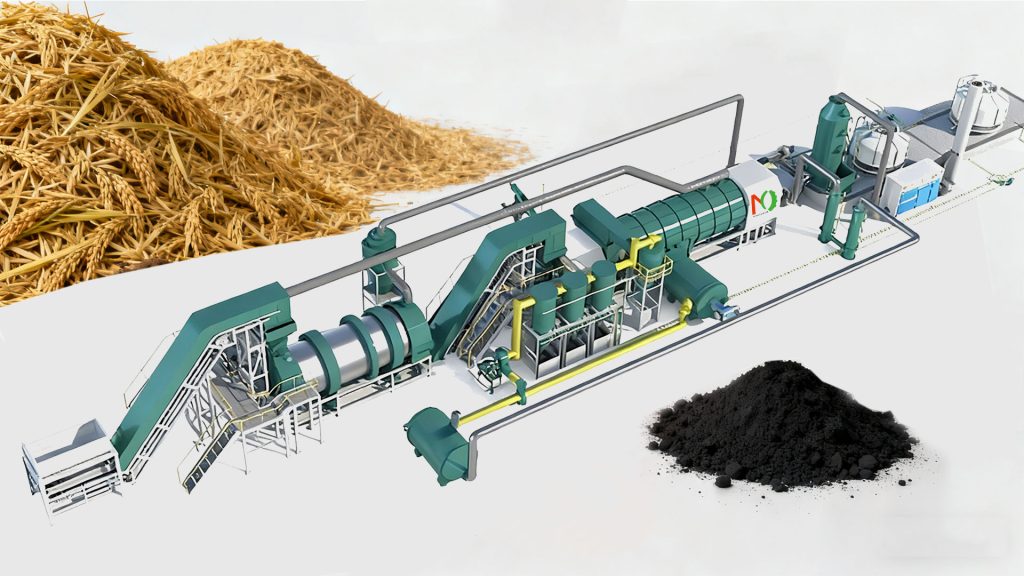
Waste Management: Converting abandoned agricultural and forestry waste into high-value products avoids the pollution caused by open-air burning.
Soil Remediation: Applying the produced biochar to farmland improves soil compaction, enhances water and fertilizer retention, and promotes microbial growth.
Climate Change Solutions: Every ton of biochar produced sequesters approximately 2.5 tons of CO2 equivalent from the atmosphere.
Energy Generation: Recovered syngas can be used as a clean energy source, replacing fossil fuels.

